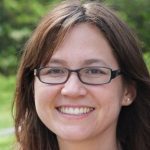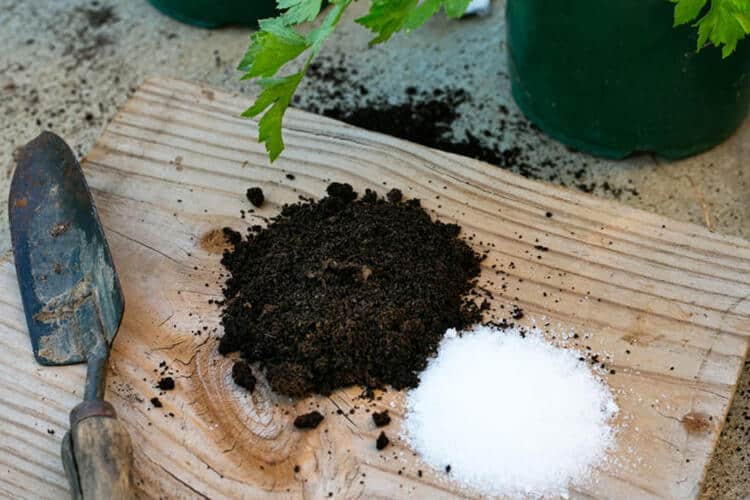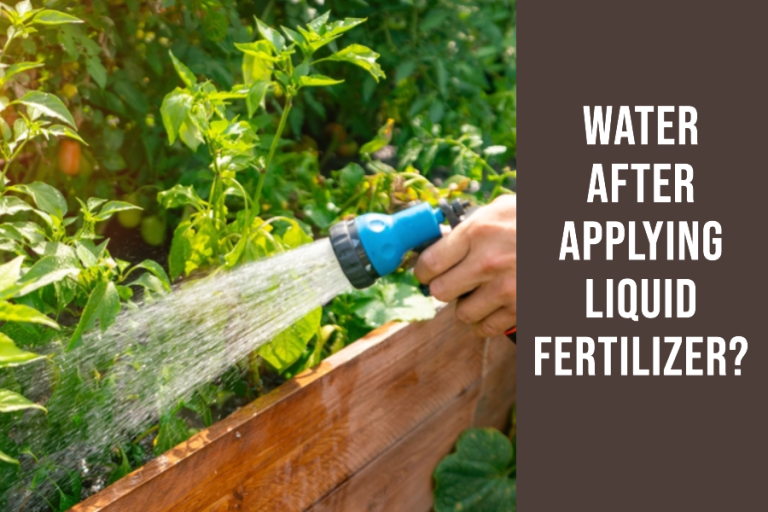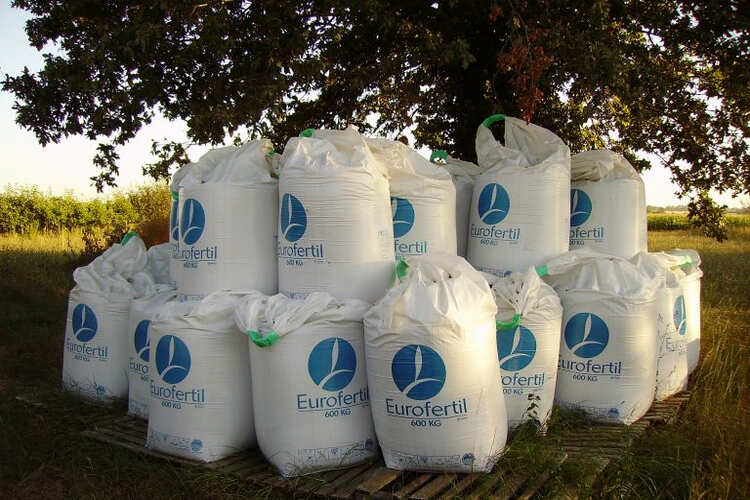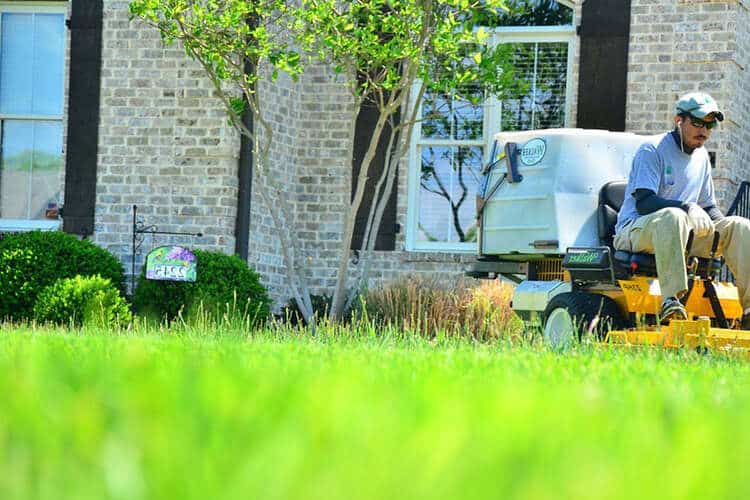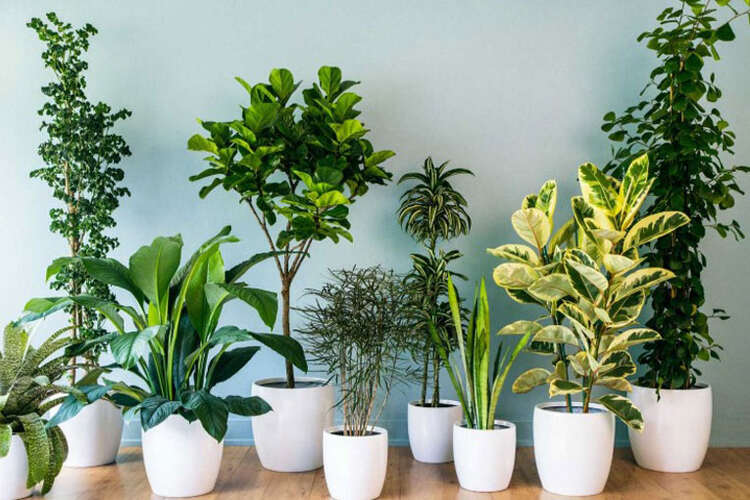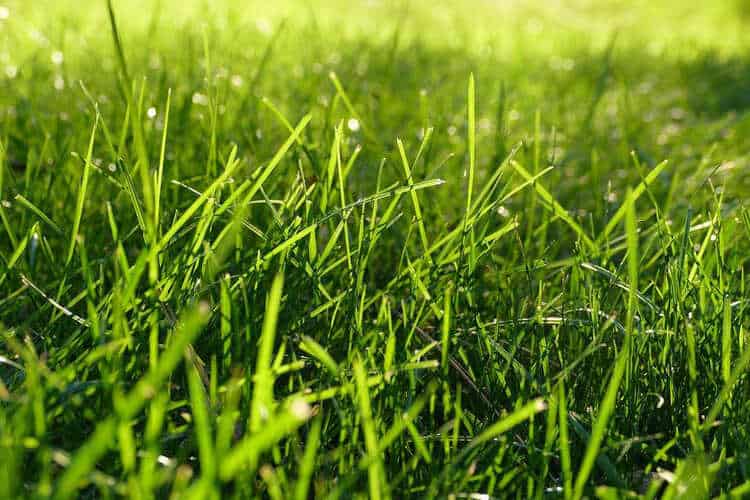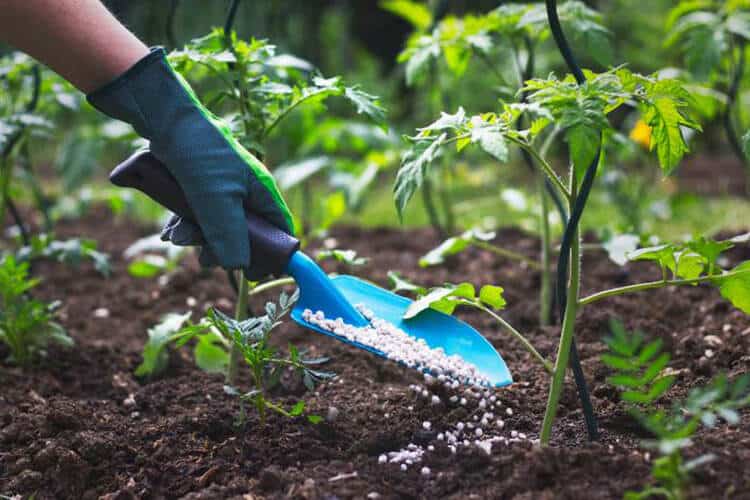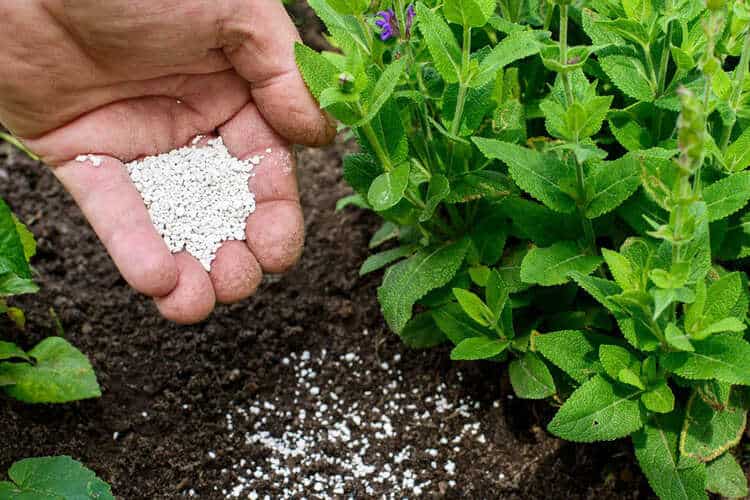What Time Of Day Is Best To Fertilize Plants? Perfect Time

Fertilizing at the ideal time will lead to an excellent result: A much healthier garden. So, what time of day is best to fertilize plants? The optimal time to fertilize plants is in the early morning before the sun rises or in the evening. During these times, the sun is less intense, allowing the plants to effectively absorb the fertilizer.
In this article, we will share some tips for achieving the best results when fertilizing. Let’s continue reading to find out more!
Is It Better To Fertilize In The Morning Or Evening?
The ideal time to fertilize plants is early in the day, before the sun rises. Here are four reasons why it is advisable:
- Thirsty plants will quickly absorb water that is rich in nutrients.
- Plants are less likely to experience sunburn in the early morning. Therefore, they are more responsive to nutrition.
- Low-speed winds do not negatively affect the distribution of fertilizer.
- Fertilizer application is less likely to burn your crops in the early morning or evening when there is dew and cooler temperatures.
When Should Fertilizer Be Applied To Plants?
Early morning is the optimum time to apply pesticide or liquid fertilizer to growing plants for maximum absorption. Additionally, you can also feed your crop in the late evening. During that time, the absence of heat makes your garden more pleasant.
Use slow-release fertilizer and liquid fertilizer as needed to promote blooms and fruit production. Liquid fertilizers and organic fertilizers have the advantage that plants can absorb them through their roots and leaves. In addition, applying fertilizer to your garden in the late evening helps to retain moisture in the soil. The moisture prevents your garden from scorching and evaporating.
When Should You Not Fertilize Your Plants?
Avoid fertilizing your garden in the middle of the day when it’s hot outside. During the noon light, plants are at their most vulnerable. At this time, trees and flowers can’t absorb nutrients. Moreover, the blazing heat can also burn and damage them.
Don’t apply fertilizer if the weather is excessively hot or rainy, as it may cause the soil to become too dry or wash away the nutrients. If the temperature rises during the day, the soil can become excessively dry. As a result, the fertilizer’s compounds may cause your plant to burn.
However, in the case of a severe rainstorm, the rain can wash away all of the minerals and fertilizer from the soil. If you want to fertilize your garden in the morning, it is best to do so before 7 a.m.
Should You Feed Plants Before Or After Watering?
First, water your plant well, and then fertilize it to avoid root burn. It would be best to water it well first and fertilize it later. Once you water your garden, the nutrients might begin to break down and reach the roots. The moisture also helps to avoid root burn.
After applying fertilizer, it is beneficial to thoroughly water the plant to ensure that the nutrients reach the roots, where they will have the greatest impact. Most indoor potted plants can benefit from the application of liquid plant food once a month.
Avoid using too much fertilizer and, if possible, do a soil test to determine which nutrients your crop needs. Excessive fertilization can be equally detrimental to the plant’s health as not fertilizing at all. A soil analysis can determine the necessary nutrients for a bountiful crop and healthy plant development.
What Months Do You Feed Plants?
For most plants, the optimal time to fertilize is in the early spring. Fertilizers perform at their best when applied during the plant’s active growth phase, which is usually in the early spring. This is when the plant begins to leaf out, bloom, or undergo development after emerging from the dormant winter phase.
In some areas, early springtime may still experience freezing temperatures or snowfall. It has the potential to impair the new growth generated by fertilization. To avoid damaging new growth in these areas, you should wait until after the last freeze. Plants like perennials or shrubs are low-maintenance. They require minimal fertilizer.
Gardeners should only fertilize perennials and shrubs in the springtime unless they show signs of needing additional fertilizer, such as poor growth or light green foliage.
What Is The Best Time To Water Plants?
It would help if you watered your crop in the morning or evening when there is no excessive heat. Watering in the early morning helps the plant be ready for the day ahead. On the other hand, watering in the evening calms it down. Furthermore, watering at these times aids in the plant’s water retention.
Watering in the morning or evening, when there is no excessive heat, is recommended. Instead of integrating into the roots and soil, the water from the plant may evaporate. Watering in the morning or evening is recommended, but watering in the morning allows the plant more time to dry before sunset.
Discover the best times to fertilize your plants with our insightful video guide:
Conclusion
We have shared with you some tips about fertilizing plants. If possible, feed your garden in the morning. Your plant is in its best condition to absorb any nutrients you feed it.
Hopefully, you will find this article helpful. If you need any further information, please feel free to ask.

